We are here to remove the common frustrations
with your Computers & Network.
|
Technical Issues and Glitches: Frequent software bugs, crashes, or hardware malfunctions can disrupt productivity and cause frustration. Slow Performance: Lagging computers, slow internet connections, and delays in response time can impede efficiency. Security Concerns: The constant threat of cyberattacks, data breaches, and identity theft can create anxiety and frustration. Lack of Support: Inadequate customer support or delayed response times when troubleshooting problems can cause serious frustration. Data Loss and Recovery: Losing important data due to technical failure or accidental deletion can be a major source of concern. Peripheral Issues: Problems with printers, scanners, and other peripherals can be a recurring frustration for many users. So much more... |
|
All You Can Eat Plan (Proactive):
|
|
🌐 Managed IT Services:
24/7/365 System Monitoring 24/7 Technical Support User Management & Training Unlimited Remote/Phone/In-Shop Support 🖥️ IT Infrastructure Management: Server Maintenance Workstation Maintenance Network Security Managed Application Control Detailed Documentation 🔐 Cybersecurity Solutions: Threat Detection & Prevention Managed Detection & Response (MDR) Vulnerability Management Privileged Access Management (PAM) DNS Filtering Dark Web Monitoring |
☁️Disaster Recovery Planning:
Data Backup & Recovery Cloud/Local Storage Solutions Unlimited Cloud Backup Storage 📧 Productivity Solutions: Microsoft Office 365 (Office Apps, Email, OneDrive, SharePoint, etc.) Enterprise Email Security Managed Cloud Detection & Response 🔧 Bonus Solutions: Web Domain Management & Renewals Enterprise Password Management Software 2FA/MFA Authentication Software Discounted Hardware & On-Site Support |
Don't be "this guy"! Call us first!
Contact Us Today
|
|








